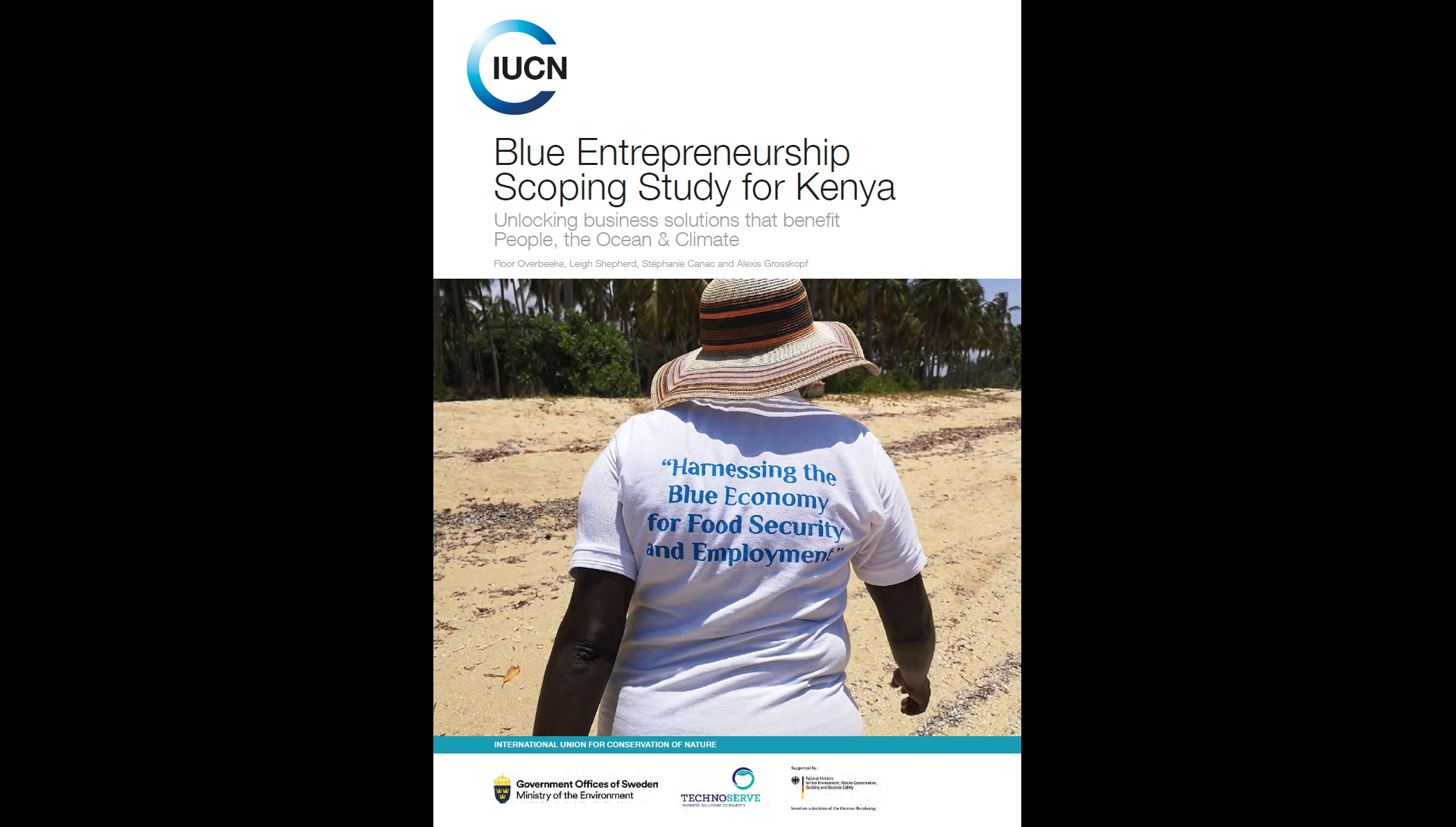Drafting a Model Flora Act: An Important Step Towards Better Forest Governance
By Raul Silva Telles do Valle - The Forest Specialist Group (FSG) was created as a result of the 2016 IUCN World Conservation Congress. The mission of FSG is to gather environmental law professionals and forest specialists from around the world to foster the protection, restoration, and good stewardship of forests worldwide.

Photo: Emily Gaskin
Although strong international law agreements already exist to address forest protection and sustainable use (e.g., the Convention on Biological Diversity and the UN Convention to Combat Desertification), as well as non-binding resolutions (e.g., the UN Forest Instrument), much more needs to be done at the international, national and sub-national levels. While global rates of deforestation have decreased in recent years, in some countries they are still unacceptably high, contributing to major biodiversity loss and global climate change.
To reverse this trend and meet the goals established by international environmental agreements, a strong environmental rule of law is needed. To protect forests and promote forest restoration at a landscape level, countries need strong and effective policies rooted in smart laws. While most countries already have forest protection laws, many are ineffective or outdated. Many countries that have succeeded in stopping forest loss have undertaken extensive reforestation or restoration efforts, in part because of the adoption of adequate law provisions and construction of well designed forest and land use institutions.
To accomplish their Paris commitments, many countries will need to reform their legal systems, promote better forest protection, and adopt appropriate policies to foster forest restoration. Extensive research and case studies are being conducted in order to analyze cases of success and failure. However, few studies are focused on the legal systems of these countries. There is no single place where national authorities, civil society leaders, or academic researchers interested in improving their national forest laws can find a comparative analysis on forest legislation that could provide guidance on what rules or institutions could be adopted or adapted for their own countries.
To fill this gap, the WCEL Forest Specialist Group, established in 2018, is gathering forest and law experts from different countries to draft a Model Forest Act (MFA), which will incorporate not only the legal principles of the main international forest instruments, as the United Nations Forest Instrument (UNFI), but also smart legal provisions that have been working to promote good forest stewardship in different regions of the World.
In March 2018 a Memorandum of Understanding (MoU) between WCEL and the United Nations Forum on Forests (UNFF) was signed. The main purpose of this agreement is to establish the basis of mutual collaboration on initiatives that strengthen legal aspects for the protection of forests, particularly in respect to drafting an MFA.
The first face-to-face meeting of the drafting committee was held in Brasilia, Brazil, in December 2018 and the first document has already been drafted. At the meeting, participants set up the basic structure of the initiative, its scope and criteria membership for the drafting committee. The group has been working remotely ever since, but is planning to meet again before the World Conservation Congress of 2020.
About the Author
 Photo: Raul Silva Telles do Valle
Photo: Raul Silva Telles do Valle



